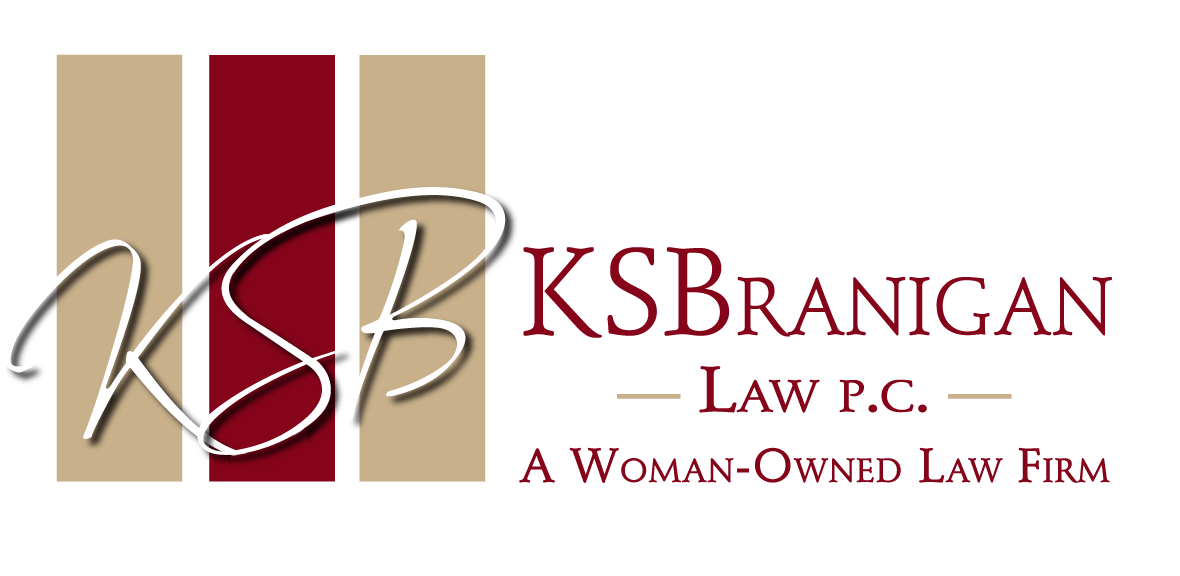The Equal Employment Opportunity Commission (EEOC) recently updated its COVID-19 guidance to provide employers and employees with critical information regarding religious exemptions to vaccine requirements based on sincerely held religious beliefs under Title VII. Specifically, the updated guidance includes 6 FAQs that specifically target issues such as requests for religious accommodations, evaluating whether a sincerely held religious belief conflicts with a vaccine requirement, and establishing undue hardship.
Making a Religious Accommodation Request
As a best practice, employers should provide employees and applicants with information about whom to contact and the procedure to request a religious accommodation. The EEOC provides its own form as a model form to use for requesting an accommodation. When requesting a reasonable accommodation, employees do not need to use any specific terminology. They only need to notify the employer that there is a conflict between a sincerely held religious belief and the employer’s COVID-19 vaccination requirement.
Determining Whether a Religious Belief is Sincerely Held
Generally, an employer should assume that a religious accommodation request is based on a sincerely held religious belief. However, an employer does not need to accept an employee’s assertion at face value and, if an employer has an objective basis for questioning either the religious nature or the sincerity of a particular belief, the employer may make a limited factual inquiry and seek additional supporting information to better understand the religious nature of the belief and how it conflicts with the employer’s COVID-19 vaccination requirement. Objections to COVID-19 vaccinations that are based on social, political, or personal preferences or on nonreligious concerns about the possible effects of the vaccine do not qualify as “religious beliefs” under Title VII.
The employee’s sincerity in holding a religious belief is “largely a matter of individual credibility.” In assessing credibility, an employer may consider:
-
Whether the employee has acted in a manner inconsistent with the professed belief;
-
Whether the accommodation sought is a particularly desirable benefit that is likely to be sought for nonreligious reasons;
-
Whether the timing of the request renders it suspect (i.e., it follows an earlier request by the employee for the same benefit for secular reasons); and
-
Whether the employer otherwise has reason to believe the accommodation is not sought for religious reasons.
Undue Hardship
When evaluating a reasonable accommodation request, an employer should thoroughly consider all possible reasonable accommodations, including telework and reassignment. An employer is generally obligated to grant a reasonable accommodation unless it can establish undue hardship. The Supreme Court has held that requiring an employer to bear more than a “de minimis,” or a minimal, cost to accommodate an employee’s religious belief is an undue hardship.
To assess undue hardship, the employer should consider the particular facts of each situation and how much cost or disruption the employee’s proposed accommodation would involve.
In evaluating undue hardship, an employer should consider direct monetary costs, the burden on the conduct of the employer’s business, and the risk of spreading COVID-19 to other employees or to the public. An employer may also consider whether the religious accommodation would impair workplace safety, diminish efficiency in other jobs, or cause coworkers to carry the accommodated employee’s share of potentially hazardous or burdensome work.
Further, specific to COVID-19, an employer may take into account whether the employee:
-
Works outdoors or indoors;
-
Works in a solitary or group work setting; or
-
Has close contact with other employees or members of the public (especially medically vulnerable individuals).
An employer may also consider the number of employees who are seeking a similar accommodation (i.e., the cumulative cost or burden on the employer).
In assessing whether exempting an employee from getting a vaccination would impair workplace safety, an employer may consider:
-
The type of workplace;
-
The nature of the employee’s duties;
-
The number of employees who are fully vaccinated;
-
How many employees and nonemployees physically enter the workplace; and
-
The number of employees who will in fact need a particular accommodation.
Employer May Choose Which Accommodation to Offer
An employer is not obligated to grant an employee’s preferred accommodation but only one that would resolve the conflict between the vaccination requirement and the sincerely held religious belief without causing an undue hardship under Title VII. The employer may choose which accommodation to offer.
Continuing Obligation to Provide an Accommodation
The obligation to provide religious accommodations absent undue hardship is a continuing obligation that takes into account changing circumstances. Employees’ religious beliefs and practices may evolve or change over time and may lead to requests for additional or different religious accommodations. An employer may discontinue a previously granted accommodation if it is no longer utilized for religious purposes, or if a provided accommodation subsequently poses an undue hardship on the employer’s operations because of changed circumstances. Before discontinuing any accommodation, an employer should consider all alternative accommodations that would not pose an undue hardship.
This summary is for informational purposes only and is not intended to constitute legal advice. This information should not be reused without permission.


